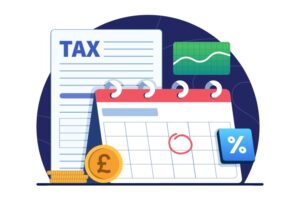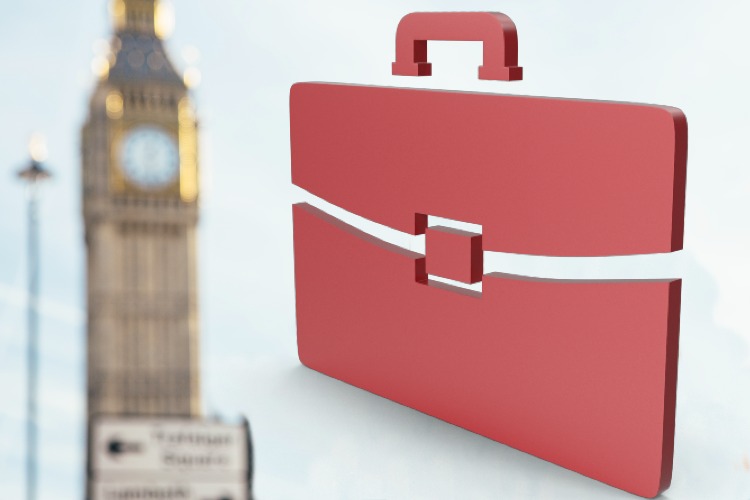The more manual the process, the greater the likelihood is of error. Whether this is missing items out, transposing numbers, entering items incorrectly etc, mistakes can be costly.
Accounting software takes away some of the potential issues. Just one simple example from the days of manual handwritten records; a not uncommon mistake was to transpose figures so that a bill for £120 total including £20 VAT may have been recorded with £100 in the VAT column and £20 in the expense column. Accounting software would automatically extract the VAT from the total and allocate to VAT taking away this problem.
Manually recording all bank transactions is hugely time consuming, but bank feeds will pull all the details into the software directly. Taking this a stage further, the use of bank rules saves time by auto-allocating payments and receipts based on defined criteria.
There are many other aspects which can be automated though. Recurring sales invoices can be produced and emailed out on a regular basis; funds can be collected e.g., by direct debit; invoices can be passed through data extraction software to pull out the details and send it through to the accounting software….the list goes on.
Management reports can be produced from the software, but if these do not fit the bill and figures are rekeyed into Excel to produce reports, this can be automated too.
What manual processes are in place in your business? Just because something has always been done in a particular fashion does not mean there is a better method.
How about meeting up to discuss this further? Give us a call now!










